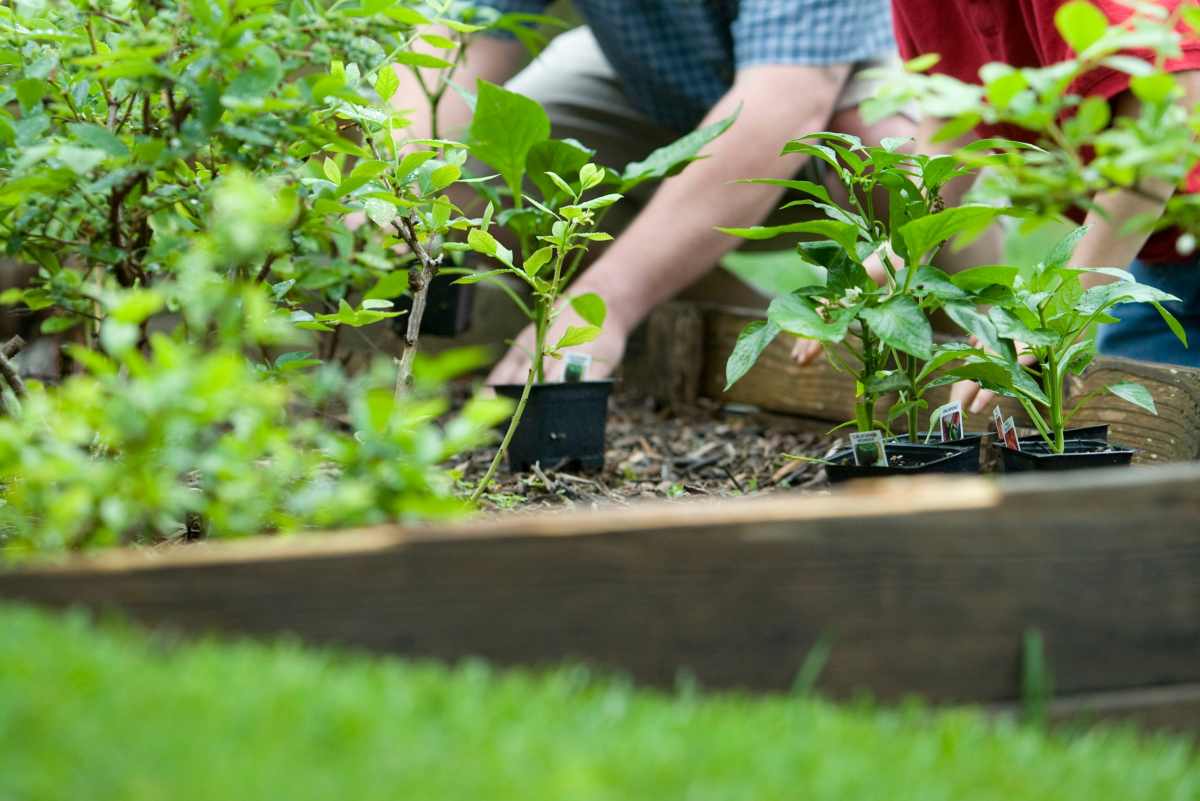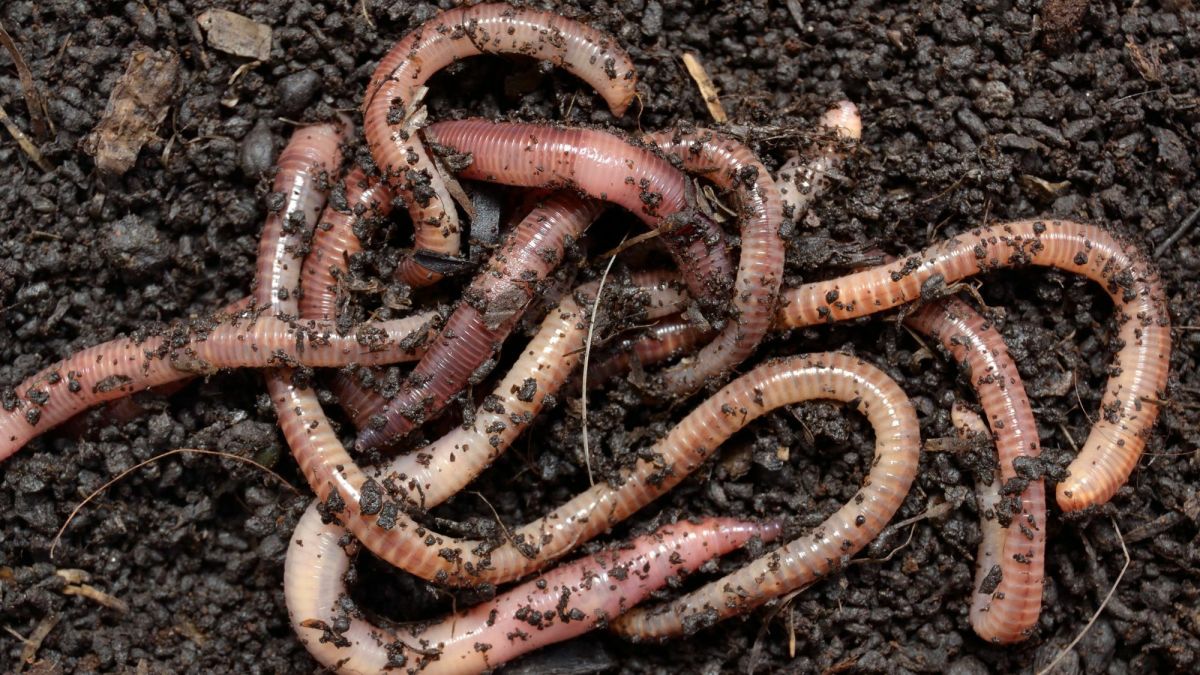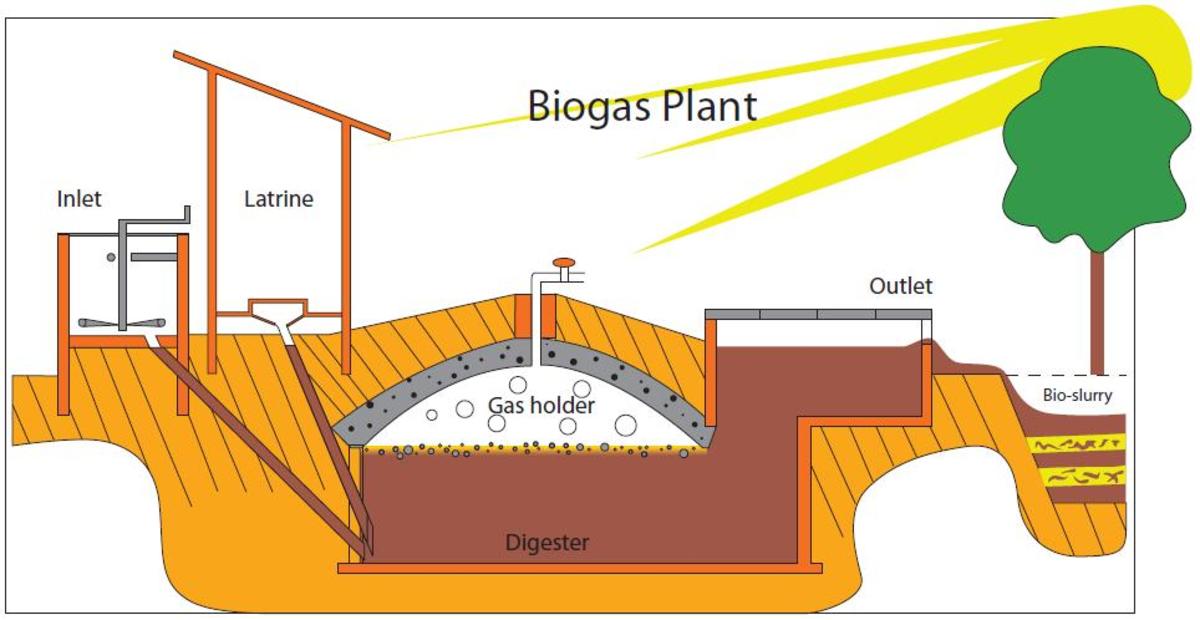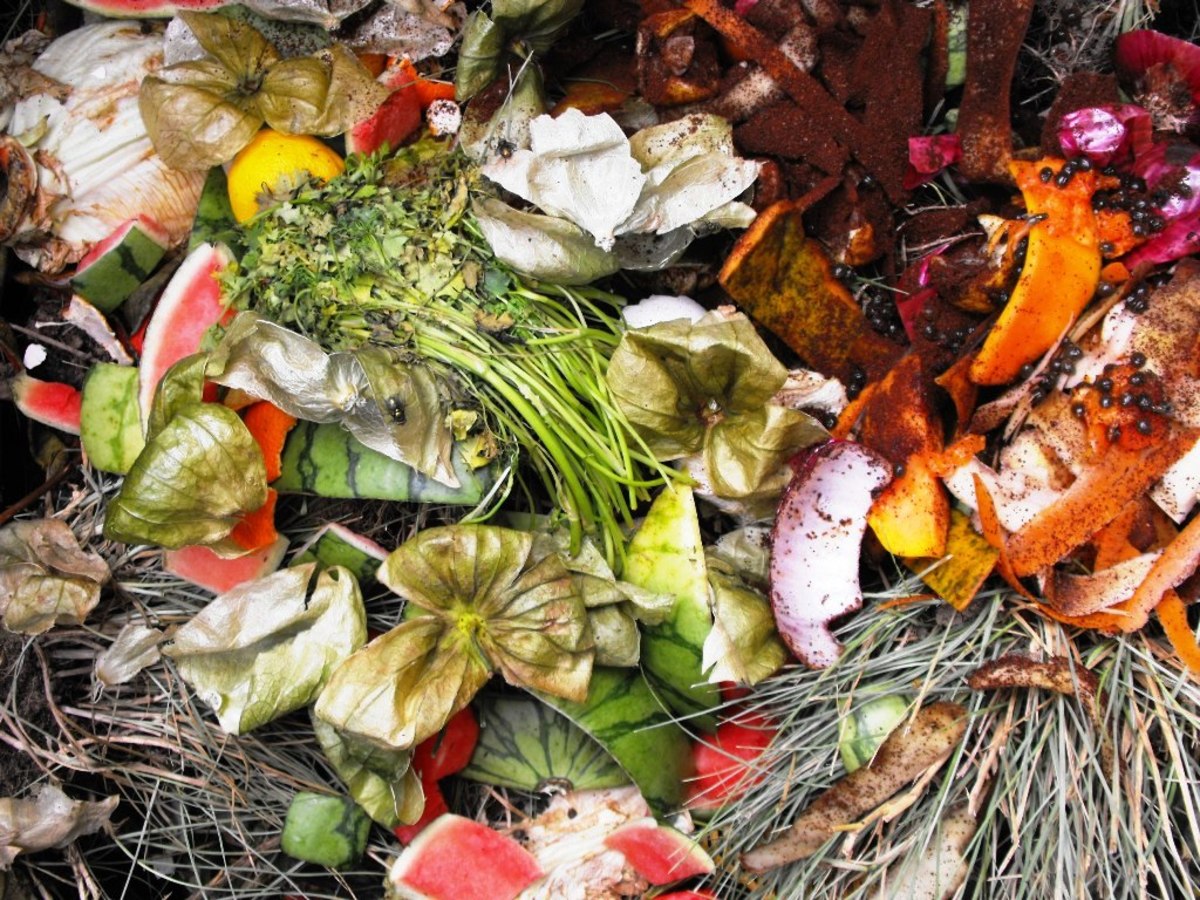What is biofertilizer? How can organic bio fertilizer help increase soil richness in a more safer way?
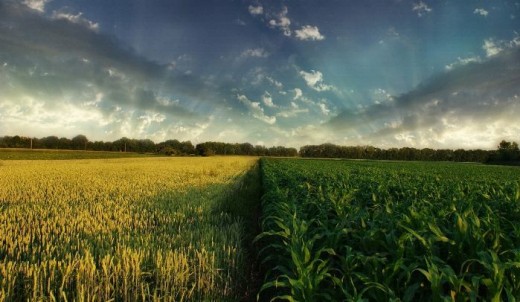
You can use bio organic fertilizer and replace the conventional chemical fertilizer and grow any plants in a biologic and healthier way.
So what is bio fertilizers made off?
Basically they are living microorganism which already being formulated and you can apply them to soak seeds before planting, on the roots, and soil.
Why would you use biofertilizer other than those chemical fertilizers? They do the same thing right?
For some parts they will help to grow crops, but in the long-term, chemical fertilizer will make more damage to the soil than to make it better.
Chemical version may destruct the PH balance of the soil and the beneficial living organism inside it will also be dying.
The worst part is it will be really difficult to alter back the soil condition to its very original state just like the olden days of farming where everything were organic.
Chemical fertilizer had its own glorious days in the past century, it did increase the agriculture output for the first few years, but again as the time past by it started to show its weakness.
Polluting the water is one problem, and killing the micro organism, favorable insects, creating weaker crops that are vulnerable to various diseases, and greatly reduce the soil richness are another problems.
Basically what you can expect from using chemical fertilizer is that you will only get colliding plantation system in the end, which is not good news for farmers.
The other benefits of using biofertilizer are of course you will get better quality of crops, improving production by thirty percent, soil is activating, improving soil fertility.
There will be less cost involves in the production, and again the most important part is they are environmental friendly to us as well as to the crops.
How this bio organic fertilizer can applied to the crops?
There are few ways on how this bio organic fertilizer can be used effectively.
The first step would be the seed treatment, where you need to poured the mixture of bio fertilizer with water into a container with the seeds.
The idea is to get the seed coated with this mixture and then you may need to dry them under a shade before sown.
Second method of applying would be seedling treatment, where this time you need to dipping in the roots of seedling in the same solution, for less than an hour, and planting it right away.
The next application technique is that you need to cut into pieces the planting material such as sugarcane, grapes, and banana, soak them into the mixture for less than an hour before planting them into the field.
You can also spray this liquid biofertilizer on the standing crop and of course the soil itself.
What will be happen with fertilizers and pesticides?
So once you decide to use organic fertilizer, what about fertilizer and pesticides? Reducing the amount used is of course is the big plan here, but what about eliminating both of them entirely?
Is such a plan possible? How can we sure that we will get the crop successfully grow to its greatest stage?
Using pesticides in particular is merely for short-term protection, but once the crop available to the market, it will expose the poison that is harmful to your body that it generated by using pesticides.
People are more aware and they want to buy product that is safe for them, even that mean they need to reach their pocket deeper.
So why should we all worry about it? After all health is everything. So what should we do now? The best alternative would be using more organic lawn care products that are widely available these days.
Organic crops are becoming more appealing today, it is healthier and safer. I think we should now start with the more organic way of growing plants or crops for better, healthier results.
For years to come biofertilizer production will soon replacing the old chemical version, as many countries now start to increase their capacity to provide the worldwide demand for organic food.
More gardening related hubs
- Green tea does it have caffeine that create the same...
Green tea does it have caffeine. Other than its health benefits, some people believe that green tea has caffeine, let's find out. - What is Arnica Montana? The yellow and orange flower...
What is arnica montana? The herb has been used for hundred of years to ease any form of pains. This beautiful flower are mostly found in Mountain area. You can get arnica cream and apply to your bruise or swollen area. - Benefits of cantaloupe and beyond
Benefits of cantaloupe,contain almost no cholesterol, high in fiber,good source of Vitamin A, C, B6, and contain beta carotene which believed can prevent cancer. However pay more attention and limit the amount consumed since they are high in sugar. - Grow canary date palm trees, the incredibly big plan...
Date palm trees has been around for more than ten thousand years, and it remain to become food sources with adequate amount of nutrients.
Organic gardening and tool sites worth to visit
Learn organic gardening
Go for a more environmentally way of gardening, and have fun too, this site offers exactly what you are looking for.
Traditional Gardening Tools
Ready to go for traditional garden in your backyard? In order to get the feel you also need the right tools.
Organic fertilizer and soil improvement
The healthier your soil, the more natural it is, the better the quality of the plant grown, so let's start with organic fertilizer.


